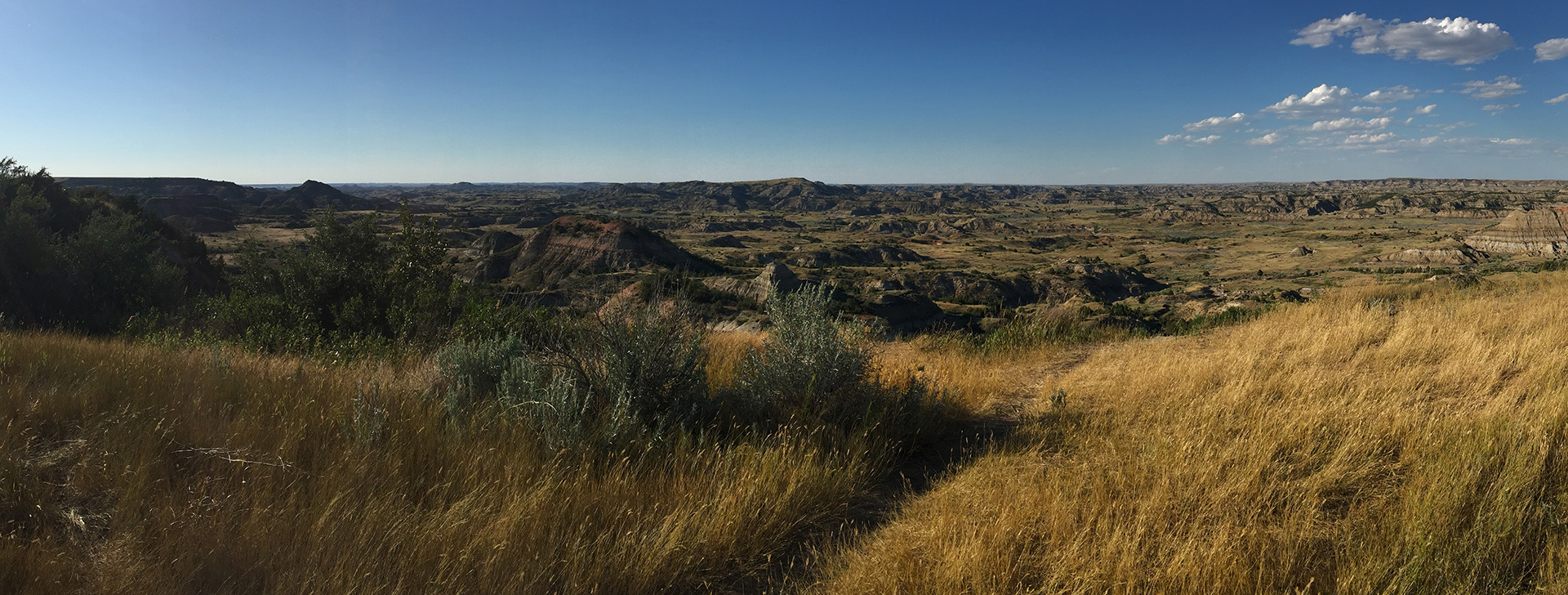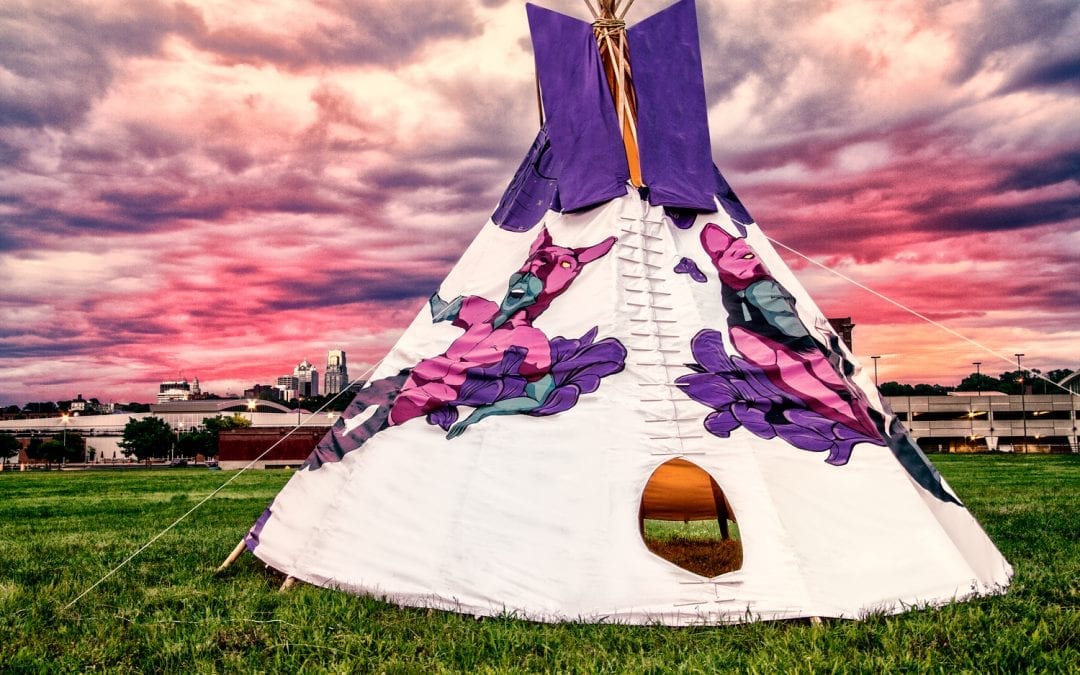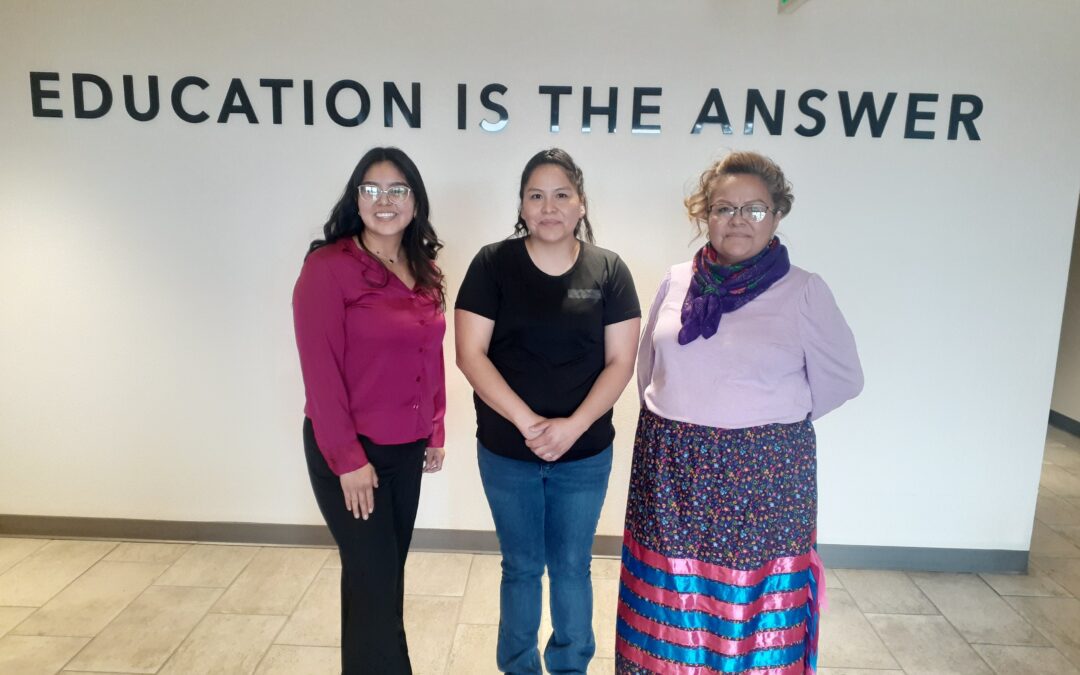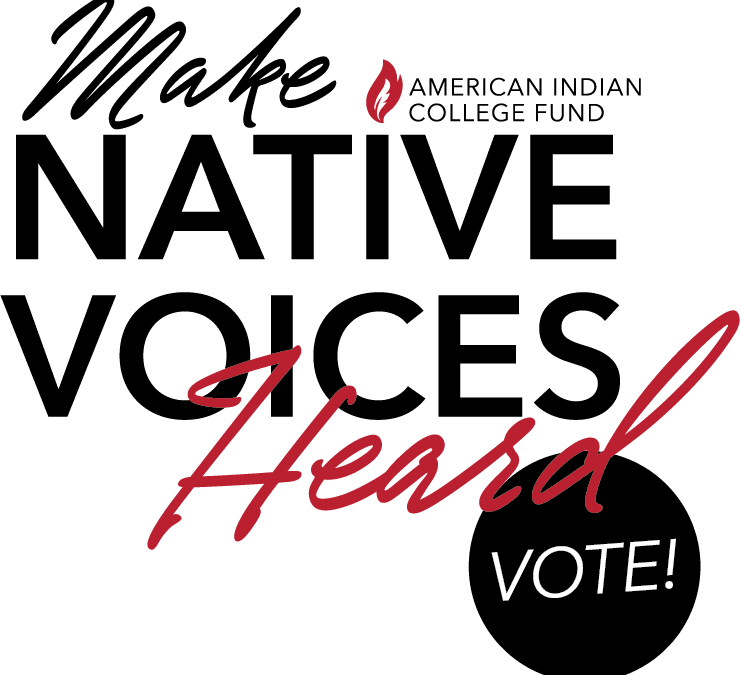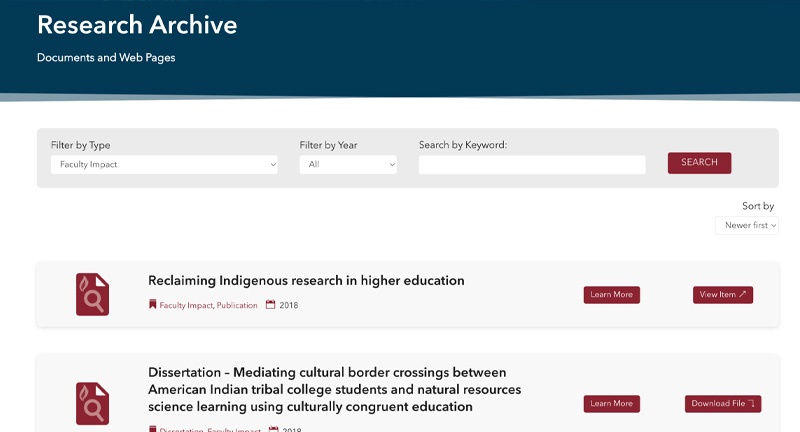By Conrad Osborne
My name is Conrad Raymond Osborne. I come from the Janis/Osborne and Little Whiteman families. My dad was Donald C. Janis/Osborne from Pine Ridge, S.D. My Mother is Geraldine Little Whiteman from Kyle, S.D. I live in the community of Wakpamni Lake, in the Wakpamni District of the Pine Ridge Reservation, South Dakota, a small community near the Nebraska border.
I began studying for my GED in 2009, but decided I had other things to do and quit going to class. Years later, after much encouragement from my mother, I decided to continue my education. I put my mind into obtaining my GED and got serious about it. I am thankful for my tutor who cared enough to take me to my classes and testing. I am also thankful to the Native Employment Works (NEW) program for providing stipends for attending classes. This support helped me to obtain my diploma.
Many opportunities opened up for me after I received my GED. I was able to attend Oglala Lakota College (OLC) where I earned my AAS in Electrical Technology. I was then able to apply for various jobs.
In November 2022, I was hired as a GED tutor in OLC’s Community Continuing Education GED Program, at the East Wakpamni College Center. I never dreamed I would be a GED tutor when just a few years ago I was the student needing support. Thanks, OLC, for giving me this opportunity. If I can do it, anyone can.
This was me when I was studying for my GED.
This is me now as a counselor/tutor at East Wakpamni College Center.
This is where I studied for my GED. This was my classroom, now it’s my office.

